The Nutcracker, Royal Ballet
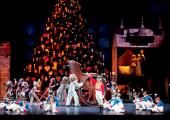
The Royal Ballet knows how to Crack a Nut: an always inventive production
The Nutcracker, if this isn’t too much of a mixed culinary metaphor, divides audiences like Marmite: love it or hate it. Usually it’s the critics who hate it, and for them it is often only the annual round of Nuts to be Cracked that wears on the soul. It is hard to imagine, otherwise, that anyone with functioning ears can fail to be thrilled as what is arguably Tchaikovsky’s greatest orchestral work begins to swell from the pit.


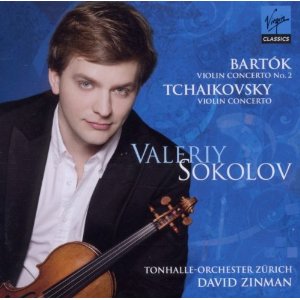 Bartók: Violin Concerto No 2, Tchaikovsky: Violin Concerto Valeriy Sokolov Tonhalle-Orchester Zürich/David Zinman (Virgin)
Bartók: Violin Concerto No 2, Tchaikovsky: Violin Concerto Valeriy Sokolov Tonhalle-Orchester Zürich/David Zinman (Virgin)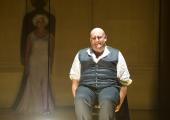
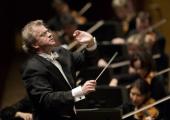
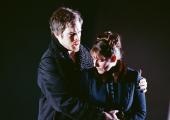
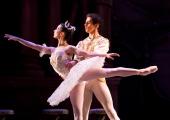
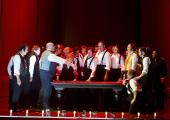


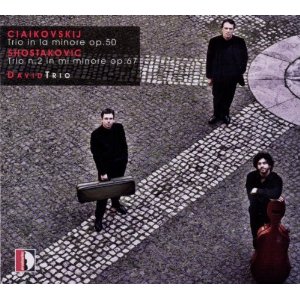 Tchaikovsky: Piano Trio in A minor; Shostakovich: Piano Trio in E minor David Trio (Stradivarius)
Tchaikovsky: Piano Trio in A minor; Shostakovich: Piano Trio in E minor David Trio (Stradivarius)